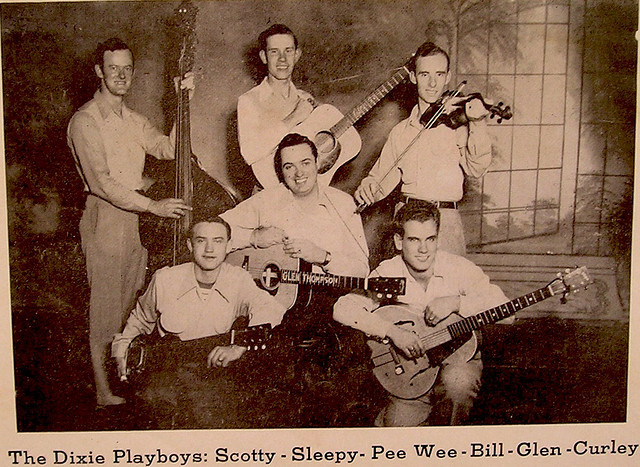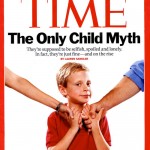Each week in On the Other Hand, Ben Bartlett defies the common wisdom and identifies the other side of the story of cultural hot-topic issues.
Louise Mensch makes a compelling argument: Women know what they like.
In this article on Chick-Lit and standards, the romance author is comfortable stating that the success of her genre is pretty simple; it’s a formula. Women tend to be attracted to fantasy worlds in which men are strong, driven, excellent providers, and easy on the eyes.
The genre comes under a lot of fire, because many – interestingly, she singles out a Christian author – feel that romance literature tends to raise standards. Ms. Mensch dismisses this. After all, she says:
“Dr Slattery labels romance novels ‘an addiction’, one that places intolerable burdens on husbands and boyfriends. These poor men find themselves having to live up to the standards of Mills & Boon heroes – with wives who are just waiting for Sean Bean to sweep in and ravish them once they’ve dumped the losers they’re with. This idea is ludicrous: of course women can tell fact from fiction, just as men can.”
She goes on to say that rather than being damaging, romance novels help give women a sense of possibility; this makes them more hopeful and willing to strive for their goals. She continues:
“Thoreau said that “the mass of men lead lives of quiet desperation”. Chick-lit tells us it doesn’t have to be that way. Partly as a result of incessant reading, I’ve been imbued with a sense of possibility, of what can be achieved in life and love – and the belief that no, you don’t have to settle.”
I confess I find this difficult to swallow. My fear is not, as she suggests, that women are hoping to be stolen from their current spouses. Instead, I worry that constant fantasizing about a perfect (impossible) ideal man encourages discontent with the present (imperfect) real man. Discontent may not necessarily lead to adultery, but I can tell you after six years of marriage that it’s rarely very helpful, either. I worry about this not because I know women, but because I know myself: the more I allow myself to wish for some false ideal of the perfect mate, the more I impose impossible standards on my very real (almost-perfect-but-not-quite) wife.
It is interesting that Ms. Mensch clearly believes that “not settling” is an inherent good. For many Christian marriages, settling is exactly the expectation. The fact that the romance literature industry (and, let’s face it men, almost every industry we are involved in from sports to beer to action movies) is actively encouraging false images that challenge the notion of settling should probably make us leery.
What do you think? How should Christians manage this area of using media to play with our real-life expectations?











